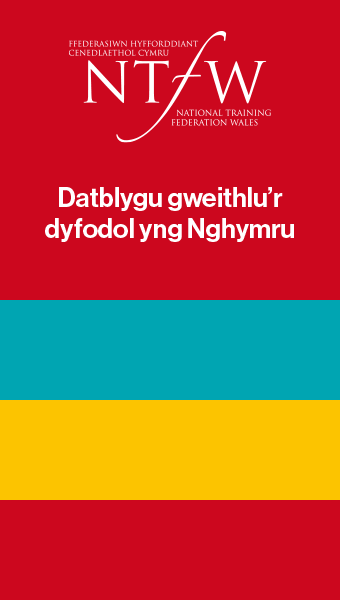Replacing vague phrases with clearer language is essential to informally resolving workplace conflicts, according to new research.
The research, carried out by The Social Agency for Acas, found that some language used in workplaces was misleading.
Phrases like “nipping it in the bud” were vague and confusing, while phrases like “open and honest conversation’” and “facilitated discussion” avoided the language of conflict and described resolution neutrally.
Using clear language helped to create a trusting environment, enable constructive dialogue by helping people express their feelings, and avoided unnecessary escalation of issues.
Acas Director of Dispute Resolution Kevin Rowan said:
“Language matters when it comes to informal and early resolution. Some words like “dispute” and “grievance” provoke defensiveness and make people think the conversation is about conflict and sanction rather than support or problem-solving.
“Conversations for informal resolution should be different from formal processes. Whereas formal investigations are about ascertaining facts, informal conversations should be about identifying concerns and differing points of view.”
The research aimed to define informal resolution, examine the processes that underpin it, explore the views of those involved, and identify how Acas can support people effectively to use informal resolution.
The study highlighted the value of using informal resolution where appropriate as a potentially less stressful, more efficient way of managing conflict, preserving relationships and maintaining a positive working environment.
It showed that:
-
Lack of skill and confidence among managers remains a barrier to informal resolution. Employers can help by giving managers time, support, and access to practical training and resources.
-
Informal resolution is more likely to succeed in organisations that visibly support it. For example, by encouraging early dialogue and referencing informal routes in disciplinary and grievance policies.
-
Outcomes are shaped by how the process is approached, whether there’s early intervention, mutual trust, recognition of power dynamics, and willingness to stop if informal resolution isn’t working.
-
Clear, direct language helps set expectations and supports constructive communication. Vague phrases like “nipping it in the bud” can downplay the seriousness of an issue or create confusion. While descriptions like “an open and honest conversation” were felt to be more constructive.
Rowan continued:
“When the annual cost of workplace conflict to UK employers is estimated to stand at £28.5 billion, there is a strong argument for managing workplace disagreements better.
“When workplace issues escalate and become formal disciplinary or grievance processes, costs escalate significantly.
“Early resolution may not always work, but where it does, there are huge financial savings as well as emotional gains to be made.”













